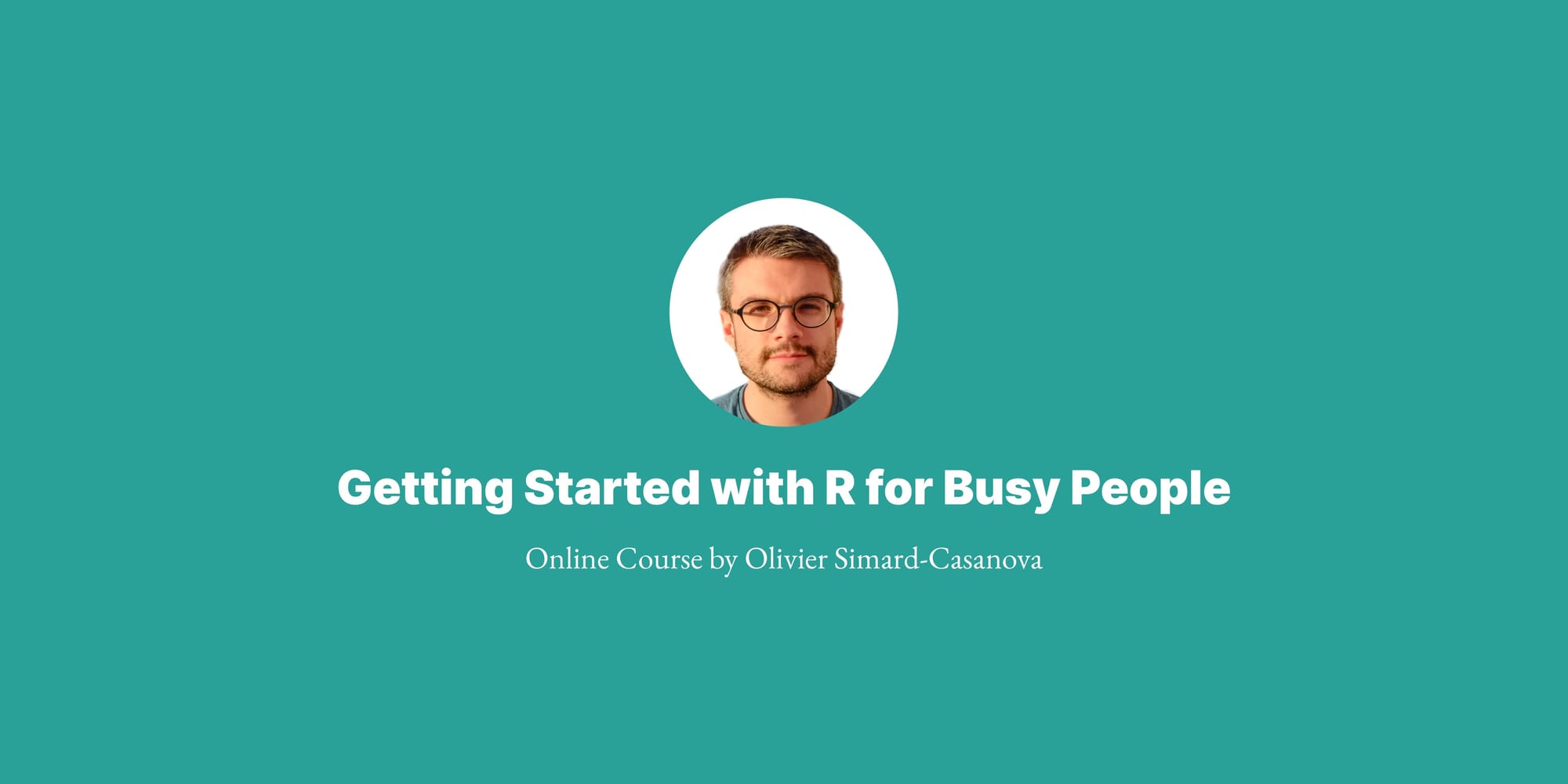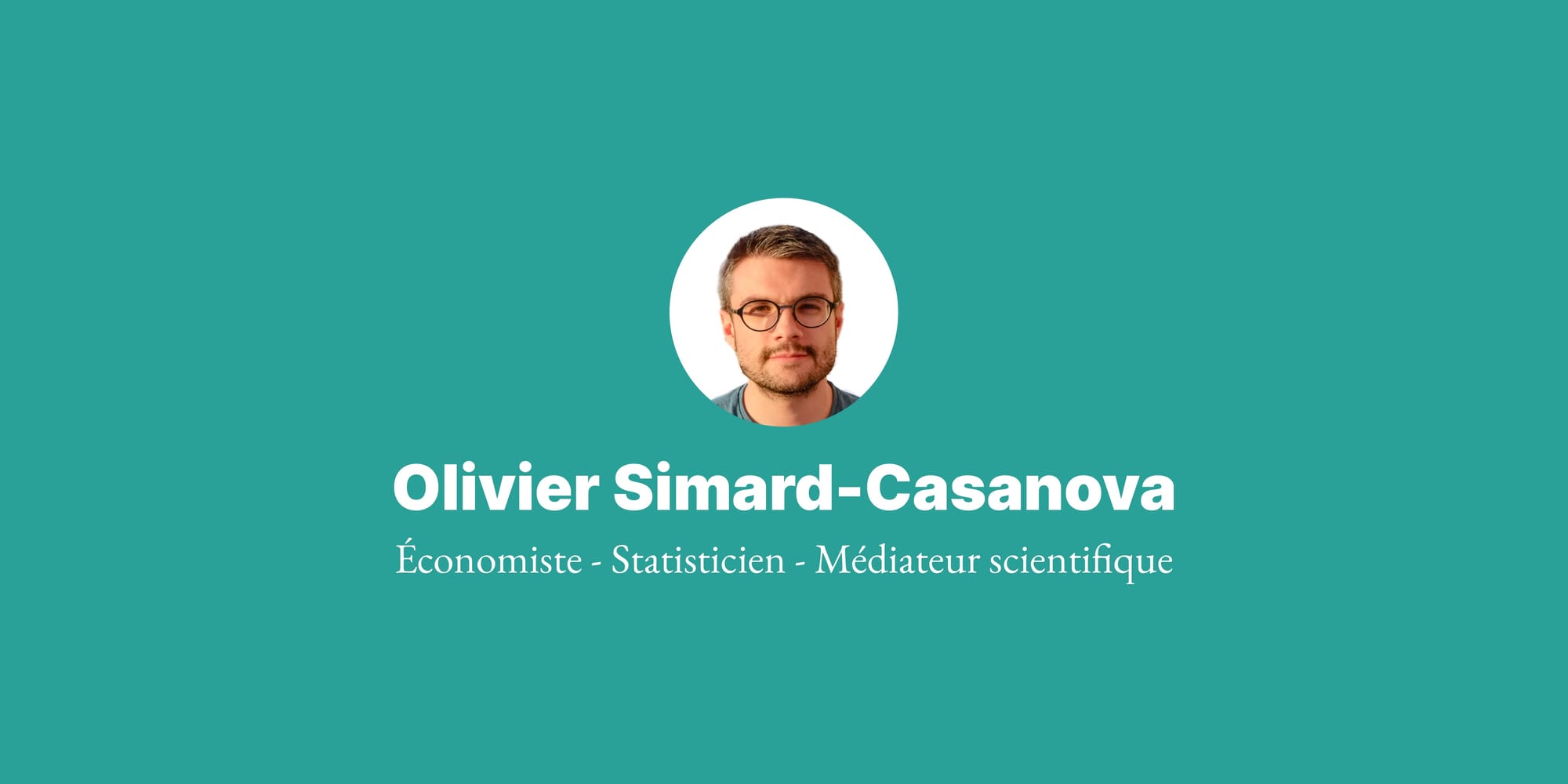#4 - I am back!
After a long and unwanted hiatus, I am excited to relaunch my economics newsletter

Dear reader,
In November 2021, I published the opening article of this newsletter. I had big plans for it, but one year and a half later, none of these plans materialized.

What happened? In a nutshell: a lot. I went through an intense personal time. But I do not want to worry you. I am doing well. This intense personal time allowed me to (unexpectedly) solve what turned out to be the biggest issue I had in my life. I had no idea this issue was there, it wreaked havoc in my life since I was a kid, but it is now behind me. In all likelihood, it is behind me for good. Modern medical science truly is a gem.
Now that my personal life is more stable, I can resume working on my projects. This newsletter is one of them — my R courses and workshops are another. (If you want to learn R, you should check them!)

Let us begin the newsletter relaunch with some repainting. The newsletter now has a proper name — LOGOecon.
Calling LOGOecon a “newsletter” is a bit misleading. Sure, LOGOecon is a newsletter. After all, deep down I am a writer. But my plans for LOGOecon go beyond writing. I do not want to rush anything, but I can already announce that I am working on an online seminar series and a podcast.
LOGOecon will feature content on the logology of economics — hence the name.
Logology is an umbrella term that describes the scientific study of science itself. Logology is made of meta-science, economics of science, sociology of science, epistemology, philosophy of science — to name a few. Logology covers important questions such as reproducibility, documenting norms of acceptable behavior during seminars, how the scientific consensus evolve over time, publication biases, academic hierarchies and power dynamics, women and minorities in academia, careers inside and outside academia, and so on. If, like me, you are wired on #EconTwitter, logology is often at the core of the debates (and sometimes, controversies) that happen here.
Being an economist, I will approach the logology of economics by mainly relying on works made by economists. But I plan to occasionally rely on works from other fields that have studied economics.
One unexpected benefit of the failed first launch of LOGOecon is the experience I have since accumulated with L'Économiste Sceptique. L'Économiste Sceptique, or The Skeptical Economist, is my French-speaking newsletter where I popularize economics, scientific skepticism, and environmental economics. It is the largest French-speaking economics popularization newsletter. I now have two years of experience in running a decently large, partly paid newsletter. LOGOecon will benefit from the experience I accumulated with L'Économiste Sceptique.

One example is how I plan to proceed with the relaunch. Even though I have worked on this relaunch for a while now, I have learned how important it is to experiment, especially at the beginning. How often should I publish? How long should my articles be? What do my readers want to read? What do I want to write about? I also learned that it is a lot more comfortable to embrace experimenting, instead of constantly running after it. So, expect a bit of experimentation in the upcoming months — and do not hesitate to share any feedback with me!
That said, not everything is open to experimentation. I have settled a few things already: I will launch the online seminar series and the podcast. I will regularly write on the logology of economics. I will feature a lot of economics papers on the subject. And LOGOecon will have a paid offering. As an independent economist, no institution is funding my work. I need the direct support of my readers (like you!) to keep the lights on. This is the model under which L’Économiste Sceptique operates, and I think it is a great model for LOGOecon too.
Last but not least, LOGOecon will succeed thanks to word of mouth. As an independent, I also have no institution to help me spread the word on my work. Musk’s Twitter 2.0 shows how precarious decentralized platforms can be — and how the real value is the social network of human connections behind the code and the algorithms.
If you have received this article by email, please forward it to your friends and colleagues who may be interested. If you are reading it online, please share it on your socials — and elsewhere.
If you are not already, you can subscribe by email to not miss my upcoming content.
I am excited to relaunch LOGOecon, and I am excited to share this journey with you! Another thing I learned with L’Économiste Sceptique is that writing a newsletter is a team effort. I am glad it is.
Happy Pride Month to my fellow LGBTQ folks 🏳️🌈
Olivier







Comments ()